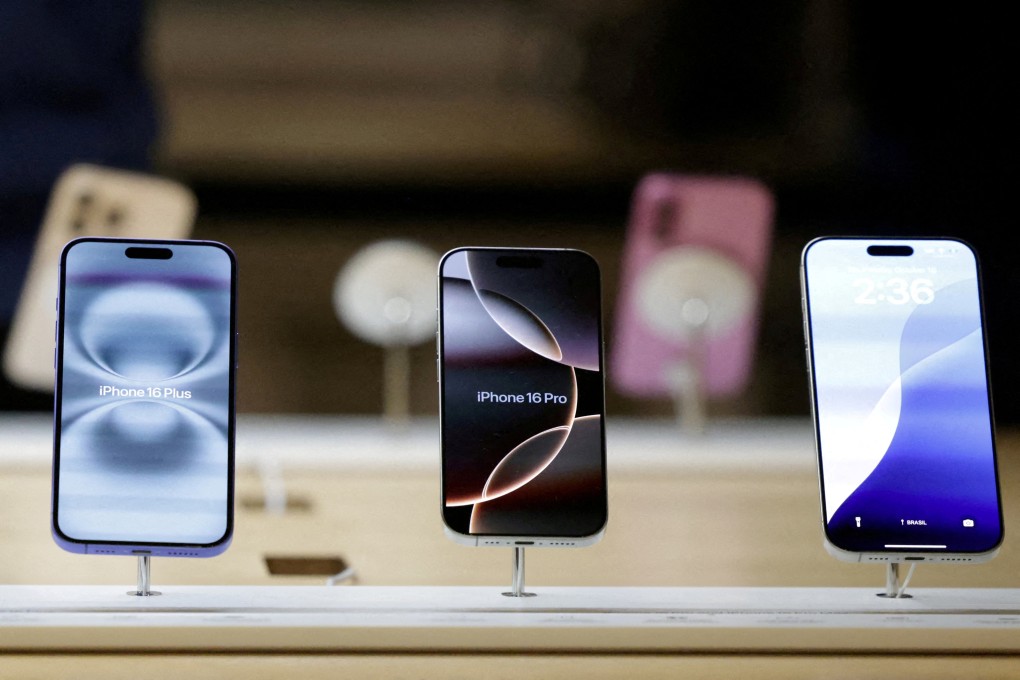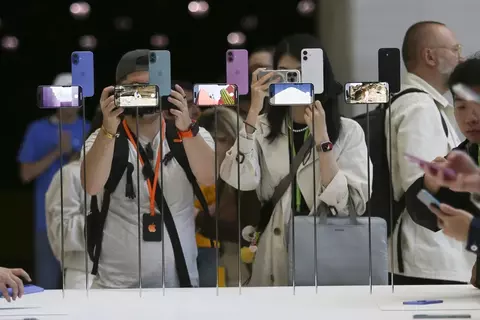Indonesia has refused to lift its ban on the sale of Apple’s iPhone 16, deeming the tech giant’s $1 billion investment plan, which includes building an AirTag factory, insufficient to meet the country’s stringent domestic content requirements. This decision continues to block Apple from accessing a lucrative market of 280 million potential consumers.
Here's ads banner inside a post
Apple Faces a Setback in Indonesia’s Growing Market
Apple’s $1 billion investment plan to establish an AirTag production facility by 2026 has failed to sway the Indonesian government into lifting its ban on the iPhone 16. According to Industry Minister Agus Gumiwang Kartasasmita, the proposed AirTag factory does not fulfill the domestic content requirements necessary for Apple to obtain the local certification required to sell its flagship smartphones in the country.
“As of this afternoon, the government does not have a basis for issuing the local content certificates,” Kartasasmita announced during a press briefing. The minister emphasized that Apple must make further concessions or investments that align more closely with Indonesia’s regulations.
The Ban and Its Implications for Apple
The iPhone 16 sales ban, enforced since October 2024, is part of Indonesia’s broader strategy to boost local production and encourage foreign companies to contribute more significantly to its economy. Without compliance, Apple risks falling behind in one of Southeast Asia’s largest and fastest-growing markets, where competitors like Samsung and Xiaomi have already established local manufacturing facilities.
Here's ads banner inside a post
The ban’s continuation underscores the government’s commitment to enforcing domestic content rules introduced in 2017. These regulations require companies to produce a portion of their devices or components within Indonesia. For Apple, this would mean more than just establishing an accessory factory—it would involve manufacturing core smartphone components or sourcing local materials.
Negotiations and Counterproposals
Despite the setback, negotiations between Apple and the Indonesian government remain ongoing. Investment Minister Rosan Roeslani initially stated that Apple’s AirTag facility proposal had been approved, signaling progress. However, the final decision lies with the Industry Ministry, which found the proposal inadequate.
The government has since submitted a counterproposal to Apple, urging the company to explore alternative ways to meet compliance standards. Kartasasmita stressed that sanctions against Apple for non-compliance would be a last resort, though the possibility remains if negotiations stall.
Here's ads banner inside a post
“There’s no deadline for compliance,” Kartasasmita clarified. “If Apple wants to sell the iPhone 16, and especially if they plan to launch the iPhone 17, the decision is entirely up to them.”
Competitors Already Compliant
While Apple faces regulatory roadblocks, rival companies like Samsung and Xiaomi have successfully navigated Indonesia’s domestic content requirements by setting up manufacturing facilities within the country. Other options for meeting compliance include sourcing local materials, hiring Indonesian workers, and investing in app development or developer academies.
This puts Apple at a competitive disadvantage, as consumers increasingly gravitate toward locally-produced devices from these brands. Failure to address these issues could result in Apple losing ground in a market with immense growth potential.
Economic Impact of Apple’s Compliance
Indonesia’s insistence on local investment reflects its ambition to leverage global brands for domestic economic growth. By complying with these regulations, Apple would not only secure access to a massive consumer base but also contribute to job creation, technology transfer, and the development of Indonesia’s tech ecosystem.
Apple’s proposed $1 billion investment, while significant, underscores the need for long-term strategies that align with Indonesia’s priorities. Establishing a more robust local presence could pave the way for future products, including the anticipated iPhone 17, to enter the market seamlessly.
The Road Ahead
Apple’s path forward in Indonesia hinges on its willingness to adapt its investment plans. Building an AirTag factory is a step in the right direction, but it falls short of meeting Indonesia’s domestic content expectations for core smartphone production.
For now, the ball is in Apple’s court. Whether the company decides to comply and gain access to one of Southeast Asia’s largest markets or focus its efforts elsewhere remains to be seen. Either way, the outcome will set a precedent for how global tech giants navigate local regulations in emerging economies.
Conclusion
Indonesia’s decision to maintain the iPhone 16 ban serves as a stark reminder of the growing influence of domestic regulations on global companies. For Apple, meeting Indonesia’s demands represents not just a business challenge but an opportunity to strengthen its presence in a rapidly expanding market. With negotiations ongoing, fans and analysts alike are watching closely to see how this high-stakes standoff will unfold.

